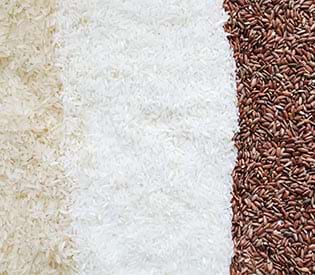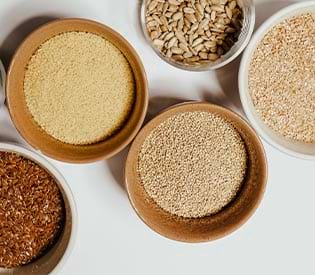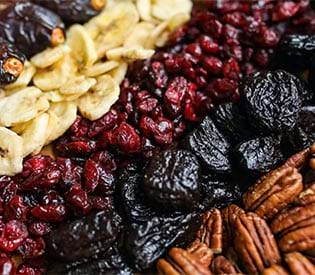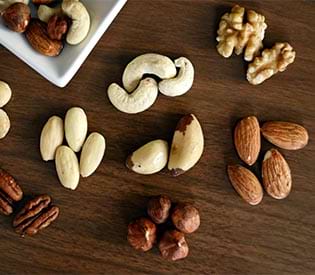Guinea Henweed
📦🚚 Fast & Free shipping on all orders
What is Guinea-Hen Weed?
Petiveria alliacea is classified as an herbaceous shrub. The leaves have a simple, alternating arrangement, with a pinnate venation pattern in the first order and a netted venation pattern in the second order. The plant has inflorescences that are determinate in nature. The plant has year-round reproductive capability, although its reproductive activity reaches its highest point at a certain period of the year, which varies according to geographical factors. As an example, the timeframe for this season in Mexico spans from September to October, but in Central America it extends from July to January.
How do I use Guinea Hen Weed?
Although this plant lacks a recognized edible application, it is recognized for its medicinal properties, which include the treatment of fever, diarrhea, migraines, earaches, and various other conditions. It possesses anti-inflammatory, antimicrobial, pain-relieving, and anti-cancer properties. It is possible to utilize the foliage as an insecticide.
Guinea Hen Weed benefits:
According to scientific research, guinea hens have been shown to possess a multitude of valuable bioactive chemicals. The compounds included in the sample encompass flavonoids, triterpenes, steroids, and sulfur. The plant species under consideration has discovered coumarin, a phytochemical. Reports available indicate that coumarin exhibits anticancer effects. Furthermore, the University of Illinois at Chicago conducted an evaluation of around 1400 plants as part of a comprehensive plant screening program. The University of Illinois at Chicago identified 34 plants, including guinea hen weed, as possessing active properties that exhibit anticancer effects.
◉ Boosts Your Immune System: Researchers are currently looking into how well guinea hen weed treats a variety of illnesses, such as infections, flu symptoms, viruses, and cancer. By enhancing the efficiency of the body's immune system, production of the autoimmune response may be heightened.
◉ Great for Diabetes Patients: According to clinical studies, there is evidence to indicate that the use of guinea hen weed tea may have potential benefits for those diagnosed with diabetes. The research revealed that the consumption of guinea hen weed tea exhibited a notable reduction in blood glucose levels among rats with diabetes, with an enhancement in their lipid profile. Individuals afflicted with diabetes may find it beneficial to consider including guinea hen weed tea in their regimen as a potential therapeutic intervention.
◉ Aid Digestion With Guinea Hen Weed: The consumption of Guinea Hen Weed tea has been shown to facilitate the process of food digestion and promote gastrointestinal cleansing. Moreover, the tea has anti-inflammatory qualities that aid in the alleviation of gastrointestinal discomfort. If one is seeking a natural remedy to aid with digestion, guinea hen weed tea presents itself as a viable choice. This distinct botanical specimen has several advantageous properties and is particularly beneficial when consumed on an empty gastrointestinal tract.
◉ Good For The Nervous System: If such is the case, it may be advisable to contemplate the potential benefits of consuming guinea hen weed tea. This tea has been empirically shown to effectively modulate the central nervous system, potentially mitigating symptoms of worry and stress.
Where to buy Guinea Hen Weed?
Buy Guinea Hen weed from the health food store in the USA, Alive Herbals.
Guinea Hen Weed information (at a glance):
| Product Name | Guinea Hen weed. |
| Scientific Name | Petiveria alliacea. |
| Country of Origin | It is native to North America. |
| Ingredient | Guinea Henweed. |
| Taste & Aroma | Aroma: strong garlic-like smell. Taste: bitter, pungent. |
| Shelf Life & Storage | Shelf life is about 6–24 months. Store it in an airtight container in a cool, dry place and prevent sunlight exposure. |
| Precautions | We requested you, Before consuming spices, herbs, teas or any kind of natural products you consult an expert qualified healthcare practitioner or herbalist. |
| Note | This product information has not been appraised by the Food and Drug Administration (FDA). This information is solely intended for educational purposes. |







